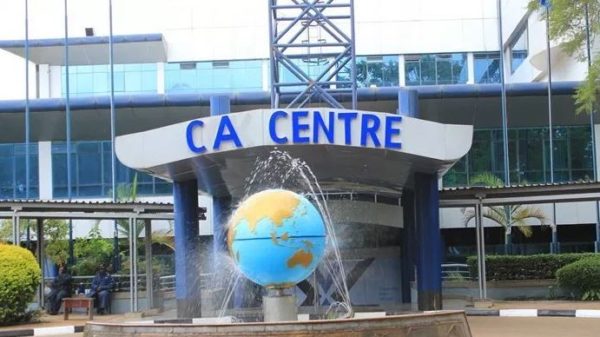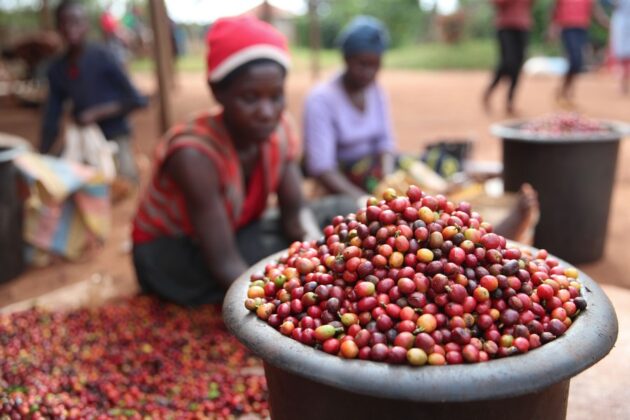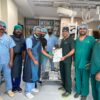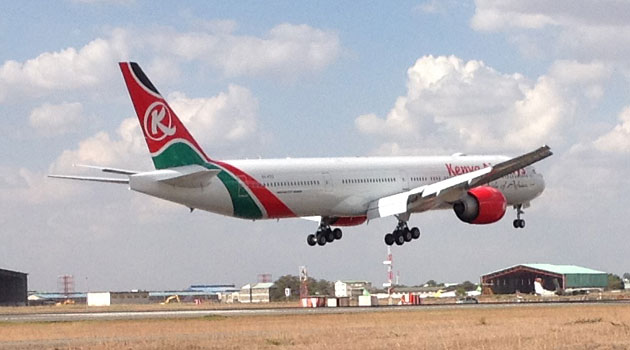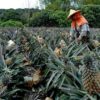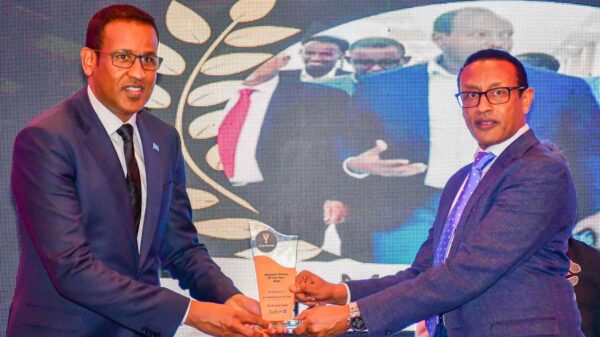NAIROBI, Kenya, May 27 – The National Coffee Cooperative Union (NACCU) has urged the Ministry of Cooperatives, Micro, Small, and Medium Enterprises (MSME) Development to extend implementation of direct payments to coffee farmers pending full implementation of an earlier directive.
In a letter to CS Wycliffe Oparanya, NACCU Chairman Francis Ngone called for a one-year extension to June 2026.
On April 17, 2025, the ministry directed all coffee sales proceeds to be paid directly to farmers’ individual bank accounts, bypassing cooperative societies.
However, NACCU argues that the process has been marred by data incompleteness, low account ownership, limited financial literacy, and existing coffee debts owed by farmers, coffee societies, and unions.
“A significant number of farmers, particularly in rural and marginalized areas, do not yet have bank or SACCO accounts. It is imperative that our small holders who have long been affiliated to the SACCOs, be encouraged to have their pay points at SACCOs of their choice, to ensure that we safeguard our co-operative ecosystem and strengthen this critical sector that you lead,” Ngone said in the letter read.
“Lack of clarity on the frequency of farmer payments and USD/Kshs conversion: Despite our numerous enquiries in regard to the practicability of making small payments to farmers after very other auction and also the applicable competitive exchange rate, we have not been explained or given any assurance. This is one of the reasons we seek more stakeholder engagement to agree on how to handle these issues of concern.”
The chair also added that coffee unions, which own brokerage companies, will be impacted by a reduction of the 0.8 percent in levy.
The levy, which was 1.8 percent before, has now been redistributed to the Capital Markets Authority (0.2 percent), Nairobi Coffee Exchange (0.3 percent), and Direct Settlement System (0.3 percent).
“The re-distribution model need to appreciate the role of each service provider and compensate them fairly,” he added.
“There has been insufficient consultation and clarity on how the funds collected by these institutions directly benefit the farmer.”
“How can we have a win-win situation without minimizing the role of each stakeholder?”











